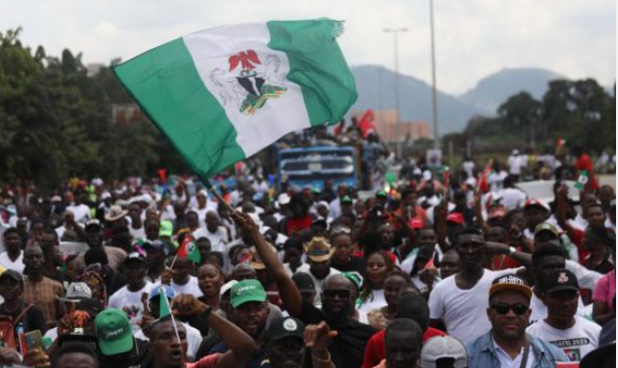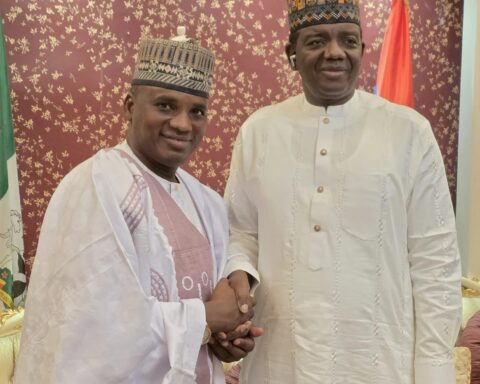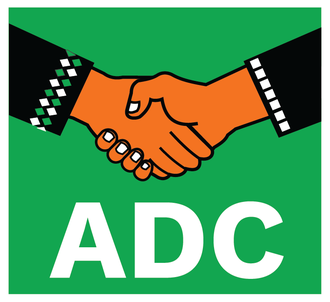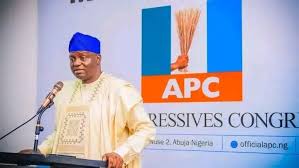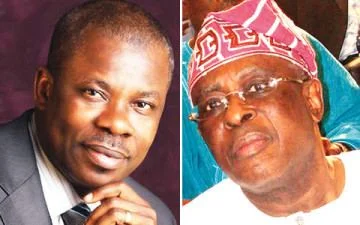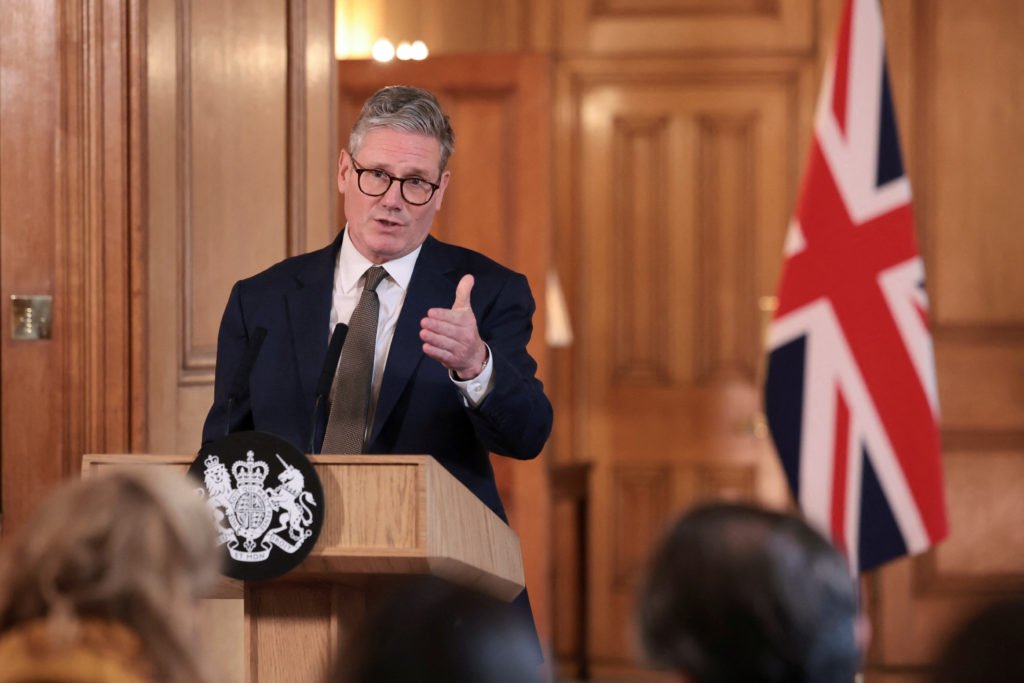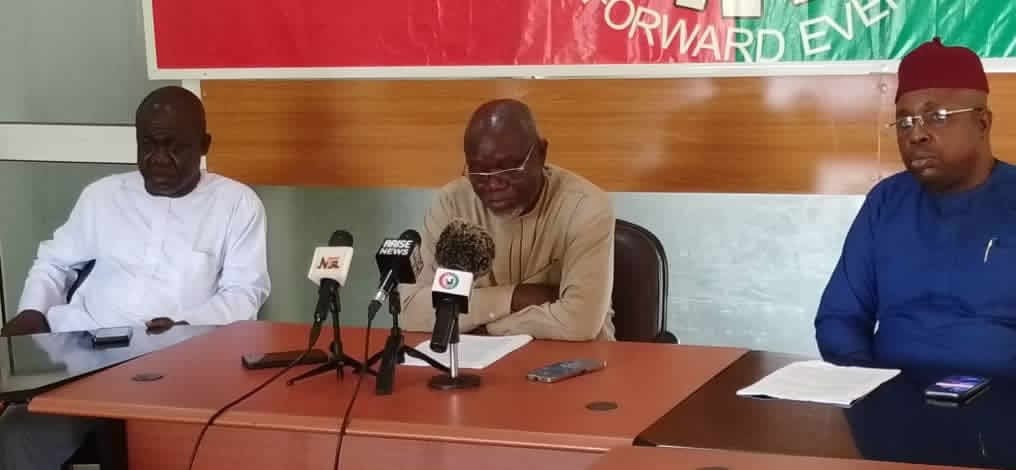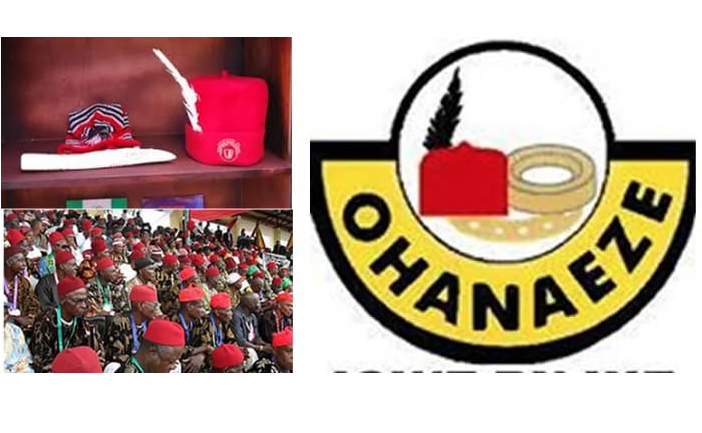By Uchenna Ekwo
In the 1990s, Africa witnessed a democratic awakening. Nigeria, once under the grip of military dictatorship, transitioned to multiparty democracy with the emergence of the Peoples Democratic Party (PDP), led by visionary statesmen like Dr. Alex Ekwueme and Chief Bola Ige. The peaceful transfer of power in 2015 from PDP’s Goodluck Jonathan to APC’s Muhammadu Buhari was a landmark moment in Nigeria’s democratic journey.
Fast forward to 2025, and the political landscape is shifting ominously. Governors elected under PDP—most recently Dr. Peter Mbah of Enugu State—are defecting to the ruling All Progressives Congress (APC), following the footsteps of their counterparts in Ebonyi, Delta, and Akwa Ibom States. While legal, these defections raise ethical concerns and threaten the multiparty system that underpins democratic governance.
Dr. Mbah’s record in Enugu is impressive. In less than two years, he has transformed the state, outperforming his predecessor. But his defection prompts critical questions: Was PDP the platform for his success? Will APC enhance or hinder his momentum? These are the “unknown unknowns” that should concern every Nigerian.
Yet, the migration of politicians from one party to another should not be a major concern in a democracy with an informed electorate—where votes truly count. In such a system, party-hopping would have little impact on electoral outcomes. But in Nigeria, politicians often manipulate the system to suppress the will of the people.
Peter Obi’s resurgence in the 2023 presidential election is a case in point. The relatively obscure Labour Party became a political force not because of its structure or ideology, but because voters perceived Obi as credible and competent. This underscores a vital truth: the character of the candidate matters more than the party label.
In truth, most Nigerians care less about party affiliations and more about results—security, education, jobs, and infrastructure. Political parties, devoid of ideology, have become mere vehicles for power. This erosion of principled politics undermines governance and citizen trust.
President Tinubu must rise above partisan gains and discourage the bandwagon effect. A vibrant opposition is essential for accountability and democratic depth. Nigeria’s democracy is too important to be reduced to a one-party affair.
Follow us on all social media platforms @dailyquery for news and analyses around the globe.
